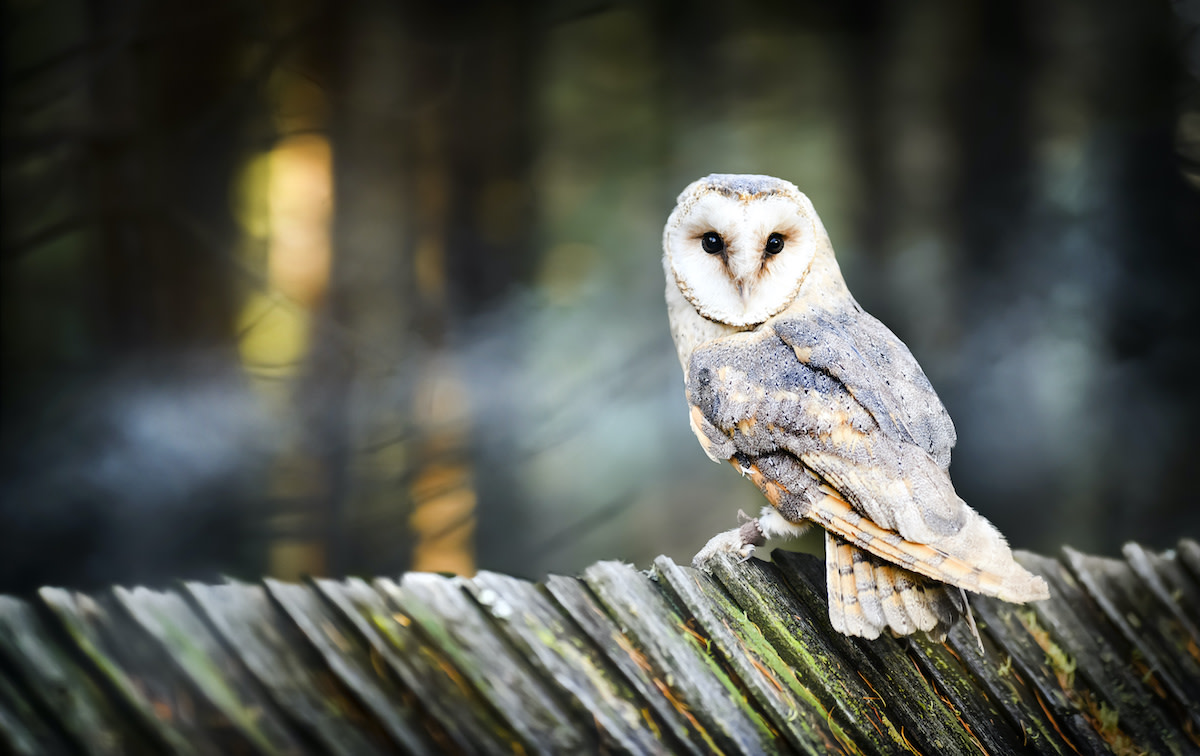How to Attract Owls: 10 Tips for Attracting Owls to Your Garden
Written by MasterClass
Last updated: Sep 28, 2021 • 3 min read
Owls are large birds of prey that feed upon small mammals and large insects. Many types of owls can help with backyard pest control.
Learn From the Best
How Do Owls Benefit Gardens?
Owls benefit gardens by naturally tamping down rodent populations. Owls catch and eat mice, rats, voles, shrews, and other small animals. Some large owls even target skunks. By ridding your yard of rodents, you give garden plants a better chance of thriving without getting eaten.
Many species of owls appear in backyards in North America, including the eastern screech owl, the western screech owl, the barred owl, the barn owl, and the great horned owl. With the help of a few methods, you can attract these kinds of owls to your own backyard.
How to Attract Owls to Your Garden
To attract owls to your yard, create an environment that mimics their natural habitat.
- 1. Offer owls shelter. You can install an owl nest box on a tree or post to encourage roosting. You can purchase a prefabricated owl house or you can build your own nest box that’s at least one foot tall. Owls do not build nests the way that smaller birds do, so fill the box halfway with wood shavings. Ideally, put the box in a wooded area rather than in an open space. Keep the box at least ten feet above the ground to protect owls from predators like raccoons.
- 2. Provide a deep birdbath. An inviting birdbath is another owl-friendly addition you can put in your yard. Owls, like most backyard birds, enjoy the occasional bath, so try putting a small metal pool of water in a wooded area. In warmer months, owls may also use a birdbath as a source of drinking water.
- 3. Limit your use of exterior lights. Owls are nocturnal, and they hunt their food by night. Outdoor lights will disrupt the way owls hunt. Let these raptors stalk small rodents and other critters without a floodlight spoiling their work.
- 4. Consider keeping native plants and brush piles. Owls' favorite food sources—mice, rats, voles, and other rodent populations—like to hide in overgrowth and brush piles. If you don’t have a rodent problem but would like to attract owls for bird-watching purposes, consider leaving a small section of your yard unmanicured when possible. This will attract some small animals for owls to eat.
- 5. Offer perching sites for owls. Like all birds of prey, owls need a place to perch and scour for food. They are drawn to bare branches on dead trees, fence tops, and even telephone lines. You can also install tall posts for these raptors to perch upon. This may inspire them to choose your yard as a nesting site.
- 6. Clear any netting out of your yard. Owls can easily get caught in netting, which is hard to perceive at night. Keep netting out of your yard to make it more inviting to owls.
- 7. Watch out for starlings. Starlings are known to move into owl nesting boxes before the owls themselves do. One way to keep starlings out of your yard is to refrain from installing bird feeders. Without a food source, they may be less interested in moving in.
- 8. Keep small pets inside at night. A hungry owl could swoop down to snatch a pet rabbit or hamster. Even small dogs and cats may be perceived as prey, so keep them inside when owls are present.
- 9. Do not play recorded owl calls. The piped-in sound of an owl's hoot may alarm native birds and confuse owls into believing they are in another bird's territory. Playing these recordings will not help you attract owls to your yard.
- 10. Refrain from using pesticides or rat poison. The poison you put out for invasive plants or rodent populations can end up inside an owl's digestive system. With too much exposure to these substances, owls will die.
Learn More
Grow your own garden with Ron Finley, the self-described "Gangster Gardener." Get the MasterClass Annual Membership and learn how to cultivate fresh herbs and vegetables, keep your house plants alive, and use compost to make your community—and the world—a better place.
